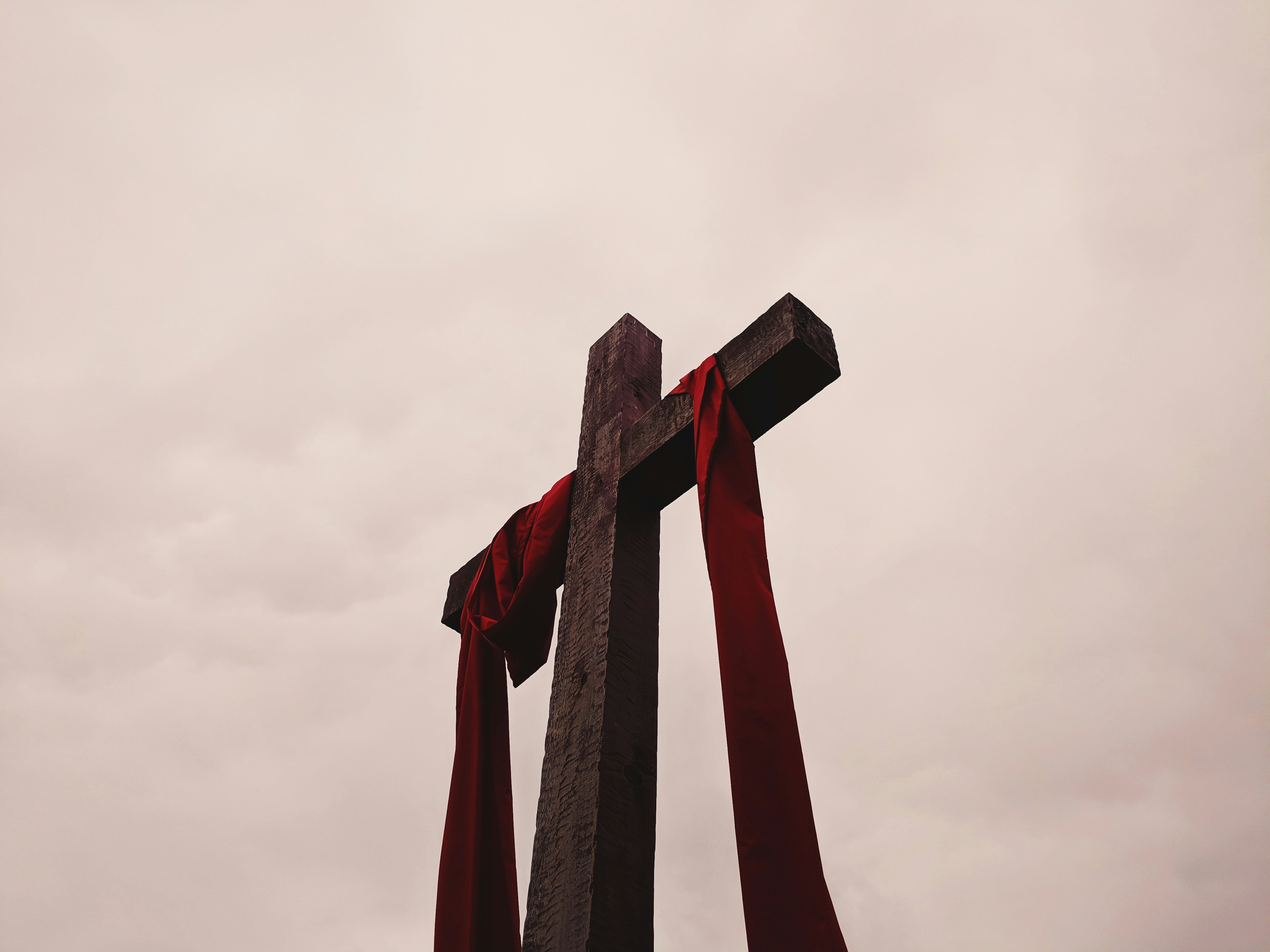
Article by Archbishop Charles Jude Scicluna
“Father, forgive them; for they do not know what they are doing,” exclaimed Jesus, as he clung to his final earthly moments on the cross while his mocking tormentors looked on.
Yet, he was not condemning them. Enlightened by the knowledge that many of our failings emanate from ignorance – or a misplaced trust in the pleasures, riches, and enticements of this transient world – Jesus was, in that trying moment, coming to their aid as an advocate; and also telling us he is prepared to intervene in our defence to secure our salvation.
In sharing this grace, he showed us that forgiveness is stronger than sin; that love is more powerful than hatred; and that life ultimately conquers death. Weak, condemned, vilified and crucified, he commended his spirit into the hands of Our Father; promising a life beyond death in paradise.
For Jesus, death is the acceptance of the harsh judgement upon him pronounced by men; but also, it is a loving expression of his obedience to the Father. He does not take his own life. He gives his life. And in the critical moment of finality, he commends his spirit to the will of the Father.
Through his actions, the Lord is also transmitting another message: he is imploring us not to be overcome with horror and anxiety in the face of death. And certainly not to take matters into our own hands. He is urging us to have the patience, courage and fortitude to wait until the final moment; to place our trust in the loving Father.
Questions surrounding the end of human life have reverberated for generations, and are unlikely to abate in the foreseeable future. These questions are indeed deep, complex, and searching in nature. Never easy to confront but impossible to ignore.
My appeal to everyone is to bear in mind four basic principles, that extend beyond religious beliefs, before forming an opinion:
The first is to acknowledge that we have a duty to cherish and respect our existence as a right and as a gift; secondly, to accept palliative care as a true expression of compassion and a humane response to the terrifying prospects of an end in pain; thirdly, to recognise that we are under no obligation to undergo treatment that does not offer a reasonable hope of benefit or seeks to unnecessarily extend life beyond its natural limit; and fourthly, to ensure no one is left on their own at such a defining moment.
I recently had the privilege to preside over the launch of a Church publication compiled by a group of medical and ethical experts which set out guidelines on end-of-life care in an effort to ensure the vulnerable among us are offered proper protection and development of life till the very final stages.
Why do we believe so firmly in these principles? Well, put simply it’s because the quality of the society and civilisation in which we live depends on our sensitivity to the needs of the vulnerable among us.
Despite their frailty, the elderly and vulnerable should not be regarded as a burden on society, as promoted by the so-called throwaway culture of today, but as the “messengers of tenderness… and wisdom of lived experience”, as Pope Francis recently remarked.
Their existence should not be merely prolonged. They are too important for that. Instead, they should be honoured, cherished and celebrated in a caring environment that does not only add years to life but, more decidedly, life to years. We believe every human being has a moral obligation to use ordinary or proportionate means of preserving his or her life and that the vulnerable have the right to be afforded the dignity we deserve.
This period provides us with the opportunity to answer the call to cherish life on this earth and prepare for our eternal existence. How wonderful it would be for us to yearn to hear the words Jesus uttered to the thief beside him at the moment of death: “Today, you will be with me in Paradise.” This is the true Easter narrative.
I wish everyone a Blessed Easter.
Source: Times of Malta





